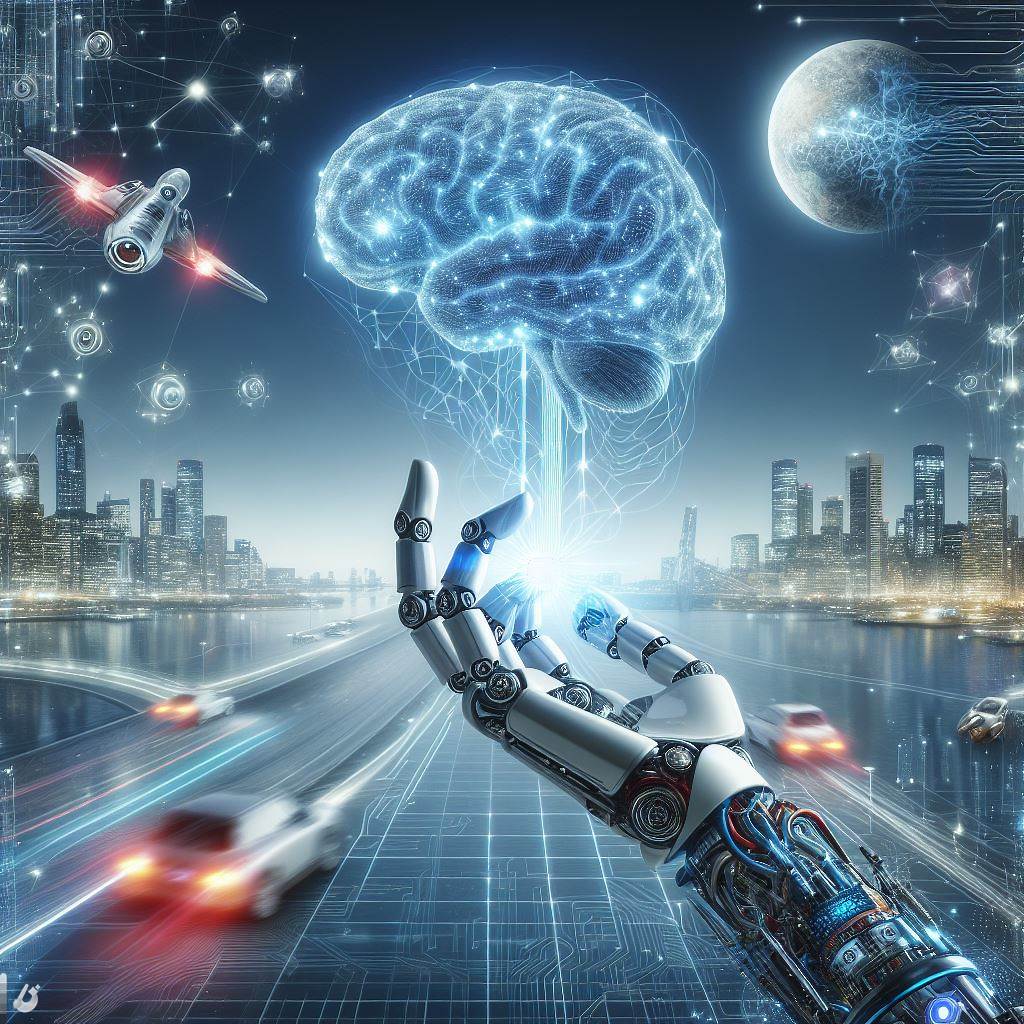Mark Zuckerberg, the CEO of Meta, formerly known as Facebook, recently made a strategic Meta AI move that has escalated the ongoing competition for AI talent, particularly against tech giants like Google and OpenAI. This significant development involves the merging of Meta’s two advanced AI divisions into a unified entity named Meta AI. The primary goal behind this restructuring is to expedite the development of general-purpose artificial intelligence, particularly focusing on the creation of advanced chatbots.
In a dynamic industry where the race for AI supremacy is intensifying, Zuckerberg’s move showcases Meta’s commitment to staying at the forefront of technological innovation. This strategic shift consolidates resources and expertise, enabling Meta to streamline its efforts and make substantial advancements in the field of artificial intelligence.
The announcement was accompanied by a cleverly crafted Reels video shared by Zuckerberg himself. The video not only serves as a visual representation of Meta’s AI capabilities but also functions as a recruitment tool, highlighting the exciting projects the company is currently working on. These projects include virtual assistants, avatars, and augmented reality (AR) glasses, providing a glimpse into the future of Meta’s AI endeavors.
The decision to merge the AI divisions into a dedicated unit, Meta AI, reflects the increasing importance of artificial intelligence in shaping the future of technology. As AI continues to evolve, companies are recognizing the strategic significance of having a consolidated and specialized team to drive innovation in this space. Meta’s move is not only about keeping pace with technological advancements but also about leading the charge in defining the next era of AI applications.
The intensified competition for AI talent is a direct result of the pivotal role that artificial intelligence plays in transforming various industries. From enhancing user experiences to powering smart devices, AI has become a cornerstone of technological progress. In this landscape, companies are vying for the best minds in the field to gain a competitive edge and pioneer breakthroughs in AI research and development.
Zuckerberg’s strategic decision to showcase Meta’s AI projects through a Reels video aligns with the growing trend of using social media as a recruitment and brand-building tool. By providing a visual glimpse into the exciting AI initiatives underway at Meta, the company not only attracts potential talent but also reinforces its image as a leading force in the tech industry.
One of the key focal points of Meta AI’s mission is the development of advanced chatbots with general-purpose artificial intelligence. This move signals a shift from narrow AI applications to more versatile and adaptive AI systems. General-purpose AI has the potential to revolutionize various aspects of technology, from customer service and communication to personalization and user interaction.
The consolidation of Meta’s AI divisions into Meta AI also signifies a concerted effort to address challenges and opportunities in the AI landscape more efficiently. By bringing together diverse expertise and resources under one umbrella, Meta aims to foster collaboration and synergy among its AI researchers and engineers. This collaborative approach is essential in tackling complex problems and pushing the boundaries of what AI can achieve.
Virtual assistants, avatars, and AR glasses featured in the Reels video are not just futuristic concepts but tangible examples of Meta’s ongoing AI projects. Virtual assistants powered by advanced AI can redefine how users interact with technology, making it more intuitive and personalized. Avatars and AR glasses represent Meta’s foray into immersive technologies, showcasing the company’s ambition to create seamless and engaging digital experiences.
As Meta intensifies its focus on AI, the ripple effects extend beyond the company itself. The battle for AI talent is a broader industry trend, with tech giants and innovative startups alike actively seeking experts in machine learning, natural language processing, computer vision, and other AI-related fields. This heightened demand for AI talent underscores the transformative potential of artificial intelligence and its role in shaping the future of technology.
The announcement of Meta AI comes with a recognition of the potential challenges associated with the rapid development of AI. The ethical considerations, potential job displacement, and societal impacts of advanced AI technologies are topics that the industry cannot afford to ignore. In response to these concerns, Zuckerberg’s announcement also emphasizes Meta’s commitment to responsible AI development and the exploration of policy measures to address the broader implications of AI advancements.
Mark Zuckerberg’s strategic move to merge Meta’s AI divisions into Meta AI marks a pivotal moment in the ongoing battle for AI talent. As technology continues to advance, companies are increasingly realizing the central role that artificial intelligence plays in shaping the future. Meta’s commitment to consolidating its AI efforts, showcased through a compelling Reels video, reflects not only a desire to lead in AI innovation but also a recognition of the broader societal responsibilities that come with it. The competition for AI talent is not just about staying ahead in a fast-paced industry; it’s about shaping the trajectory of technology for the betterment of society.


It was great seeing how much work you put into it. Even though the design is nice and the writing is stylish, you seem to be having trouble with it. I think you should really try sending the next article. I’ll definitely be back for more of the same if you protect this hike.